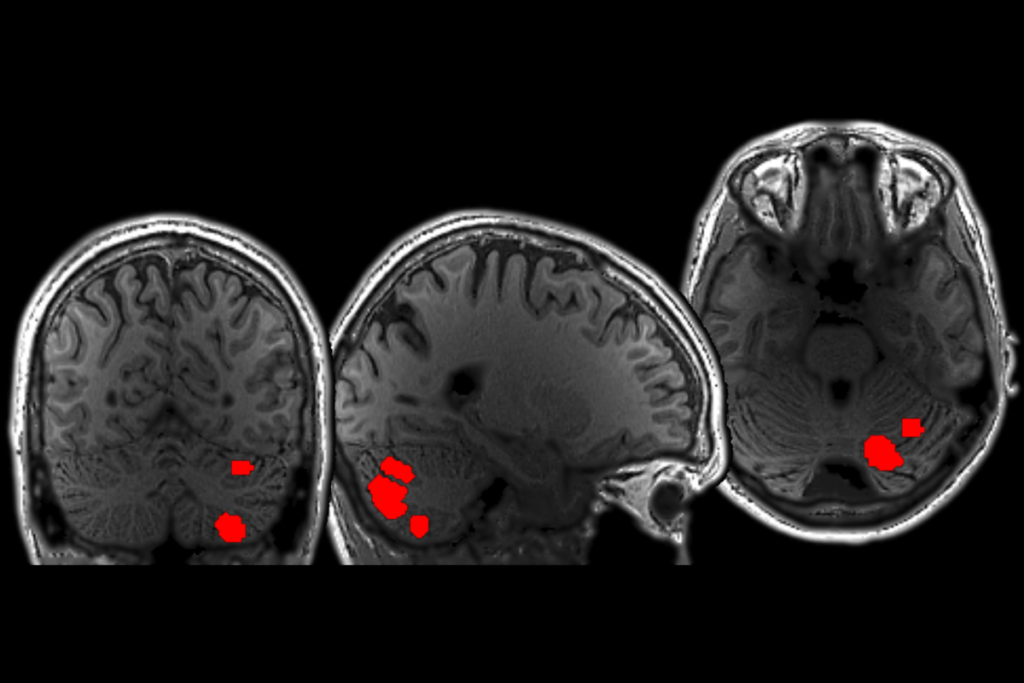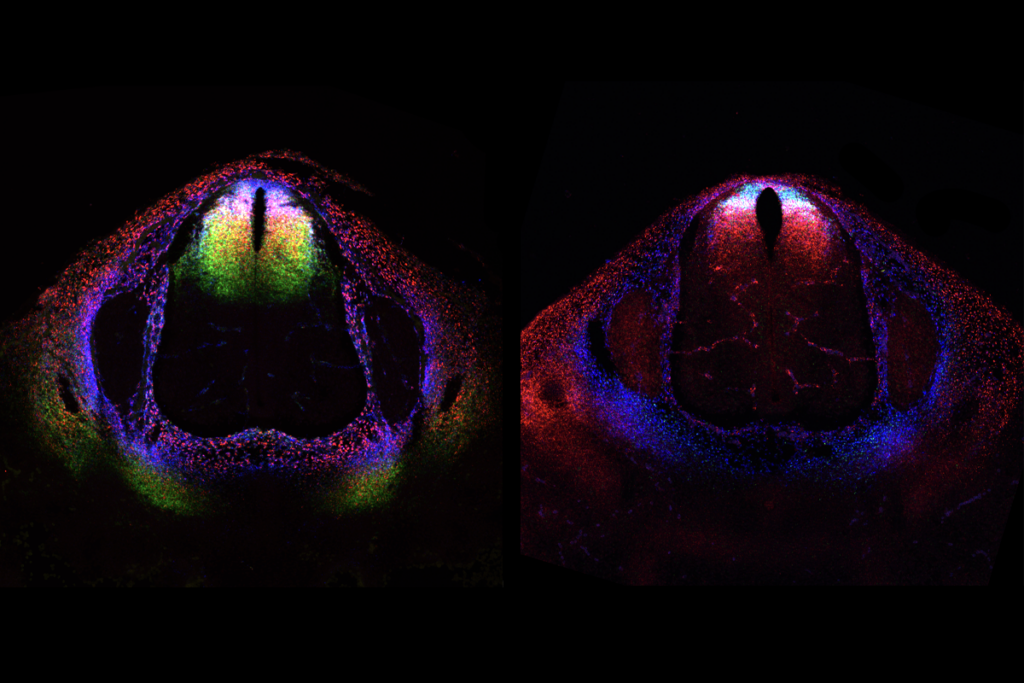Natalia Mesa is a reporter for The Transmitter, covering funding trends, neurogenetics and neural coding. Before joining The Transmitter in 2025, she was a fellow at High Country News and freelanced for National Geographic, Science, The Scientist and elsewhere.

Natalia Mesa
Reporter
The Transmitter
From this contributor

Cerebellum responds to language like cortical areas

Cell atlas cracks open ‘black box’ of mammalian spinal cord development

Some facial expressions are less reflexive than previously thought

Cracking the neural code for emotional states

Genetic profiles separate early, late autism diagnoses
Education
- Ph.D. in neuroscience, University of Washington
- B.A. in biological sciences, Cornell University
Explore more from The Transmitter
Neuroscience has a species problem
If our field is serious about building general principles of brain function, cross-species dialogue must become a core organizing principle rather than an afterthought.

Neuroscience has a species problem
If our field is serious about building general principles of brain function, cross-species dialogue must become a core organizing principle rather than an afterthought.
This paper changed my life: Ishmail Abdus-Saboor on balancing the study of pain and pleasure
A 2013 Nature paper from David Anderson’s lab revealed a group of sensory neurons involved in pleasurable touch and led Abdus-Saboor down a new research path.

This paper changed my life: Ishmail Abdus-Saboor on balancing the study of pain and pleasure
A 2013 Nature paper from David Anderson’s lab revealed a group of sensory neurons involved in pleasurable touch and led Abdus-Saboor down a new research path.
Sex bias in autism drops as age at diagnosis rises
The disparity begins to level out after age 10, raising questions about why so many autistic girls go undiagnosed earlier in childhood.

Sex bias in autism drops as age at diagnosis rises
The disparity begins to level out after age 10, raising questions about why so many autistic girls go undiagnosed earlier in childhood.